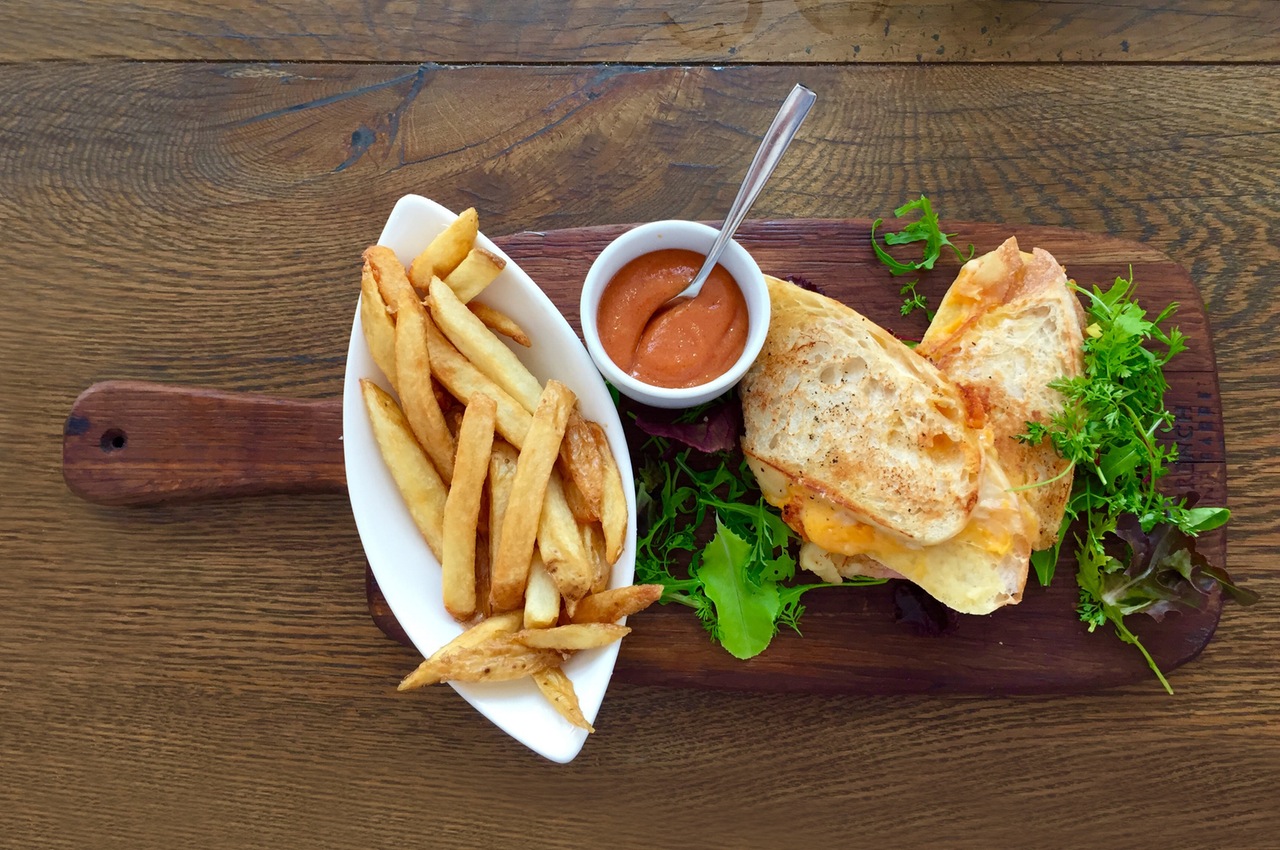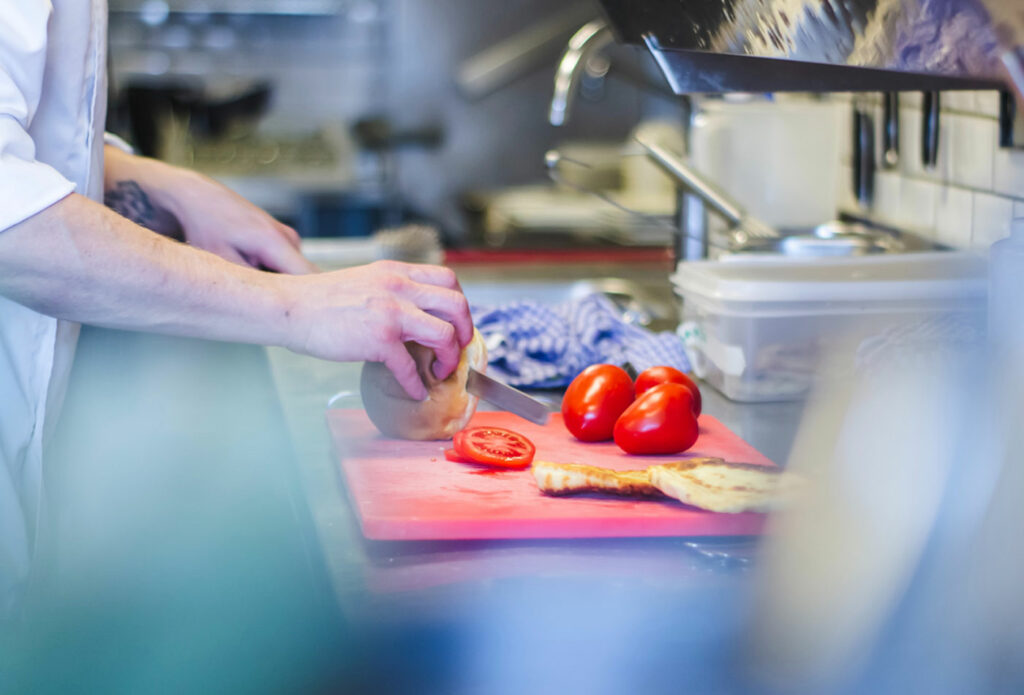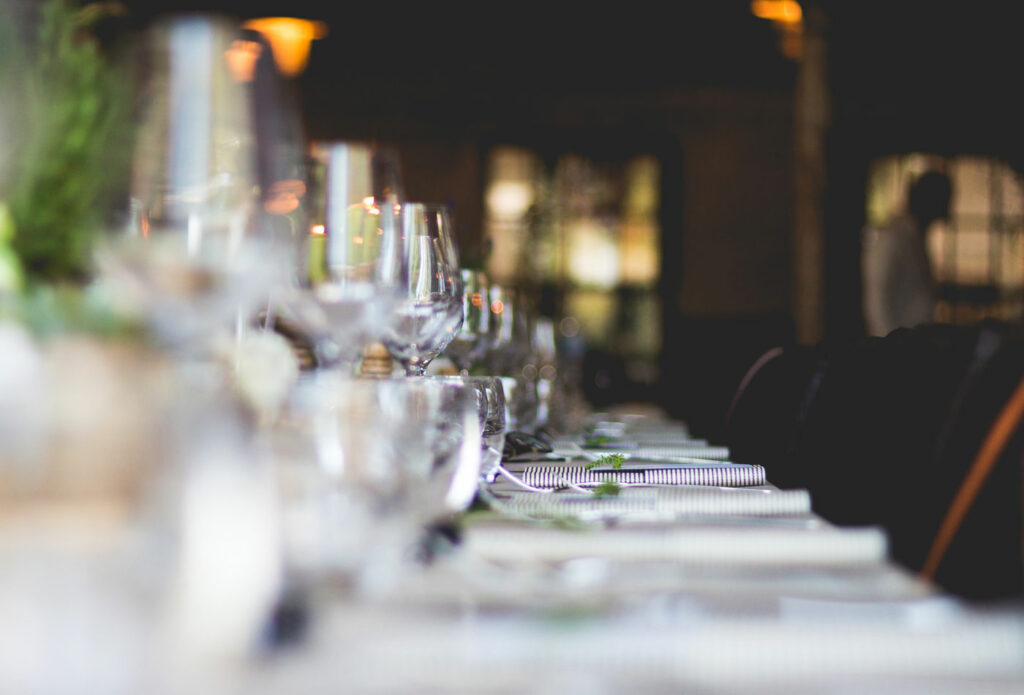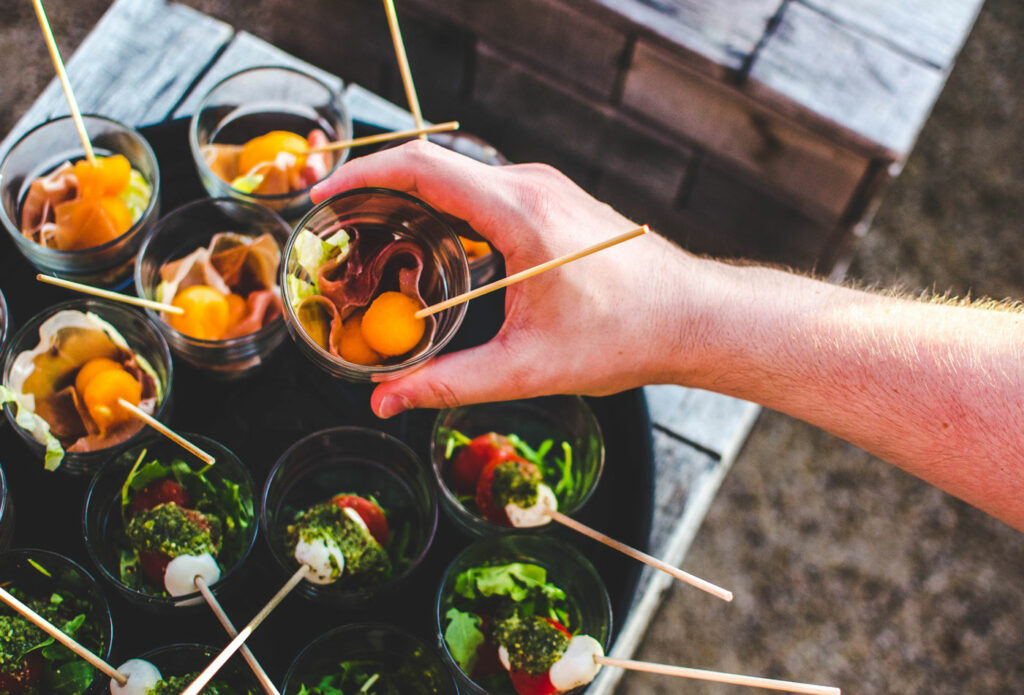Testimonials
“I have been dealing with Park Insurance for over 15 years. It is a pleasure to deal with a person,…

At Park Insurance, we want you to feel that you’re obtaining the right catering insurance cover, leaving you safe in the knowledge that all aspects of your business are secure. The handy guide below will clarify precisely what you must have within your catering insurance policy and discuss additional coverage that different types of caterers may benefit from.
Whether you’re a pub or restaurant offering outside catering for weddings and other events, or you’re a full-time mobile caterer, it can be highly satisfying knowing the difference that you’ve made to someone’s special day. But in doing so, you still need to be careful to protect yourself, and not leave yourself unnecessarily exposed to financial risk should events take a turn for the worse.
At Park Insurance we have been providing specialist insurance to those working in the food industry for more than 20 years. We use our position as preferred brokers to some of the UK’s biggest insurance providers to find you insurance that will mean all you have to worry about is what delicious delicacies you’re going to serve up. And we can make sure it fits your budget too.

Whether you cater events, sell food to the public from a stall or serve meals from a café or restaurant, you need catering insurance that protects you against all eventualities. There are four key insurance strands that your business will need:
In addition to these crucial elements of food catering insurance, depending on your individual requirements, you may like to add additional cover. You’ll find more information about these add-ons as the following questions are answered.

Catering insurance for a pub, café or restaurant also needs to consider the protection of your premises – the building itself. You know how vital the ambience within your business is. It makes just as much of an impression on customers as your food and drink, so making sure you can restore your building to its former glory should anything happen is extremely important.
Commercial property insurance is used to financially protect you against damage to your pub, café or restaurant caused by events such as floods, storm damage, fire or malicious damage. Typically, you will need to take out enough commercial property insurance to cover the cost of rebuilding the entire premises.
Business interruption cover is something else you might like to consider. This can be used to counter lost earnings should your business be unable to operate due to unforeseen circumstances.
If your business uses a sophisticated online booking system, adding cyber and data cover will offer you great peace of mind should your system be hacked or should a staff member make an expensive mistake with an online booking.
Finally, if you serve alcohol, consider adding loss of license cover to your catering business insurance policy, as this change to your business can have a major impact on your profits.

If you cater for events, or you’re a street vendor or food stallholder, you know that your fast-paced business doesn’t quite fit into the same box as a pub or café when it comes to catering insurance. You’ll want to keep the following points in mind to make sure your insurance matches your needs:
As a caterer, you want to feel that you’re taking out a policy that best reflects your business. Some caterers have a rather changeable enterprise, with seasonal work and staff, meaning a more flexible policy would suit them. In addition, a policy for a caterer with fixed premises wouldn’t accurately represent the needs of a mobile operation nor offer sufficient cover.
Finding the right type of catering business insurance gives you the reassurance that you’re ticking all the boxes while also not paying out for cover that you don’t need. You’ll find focused policies such as:

To understand just how useful insurance can be for your industry, you should consider some of the most common scenarios where food businesses receive claims for compensation:
What’s more, you may find your business is left in financial jeopardy by incidents outside your control, such as:
As any caterer will know, these scenarios are not uncommon. Catering liability insurance will help you defend any claims and pay any compensation you are deemed liable to pay. It can also be used to help carry out repairs or purchase replacements should you incur losses or damages.
If you have a catering van, you can expect to pay more for your public liability insurance for caterers since there are deemed to be more risks. Meanwhile, a caterer with a commercial kitchen or a van full of equipment will pay more than a caterer who carries out their work onsite at venues.
The level of each cover you choose will have a major impact on your premium, as will the excess you are willing to pay. The more staff you hire and the more often you cater at events or the higher the number of catering premises or vehicles you own, the higher the premium. Don’t forget to pay annually rather than monthly to make savings.
Here at Park Insurance, we’ve been helping caterers protect their businesses for over two decades. This means we understand that catering cover needs to be tailored to fit your specific needs. Our friendly, experienced staff will always take the time to understand your business first because this is the best way to find the perfect policy for you. So, if you’d like an insurance service that really listens to its customers, get in touch today.
“I have been dealing with Park Insurance for over 15 years. It is a pleasure to deal with a person,…